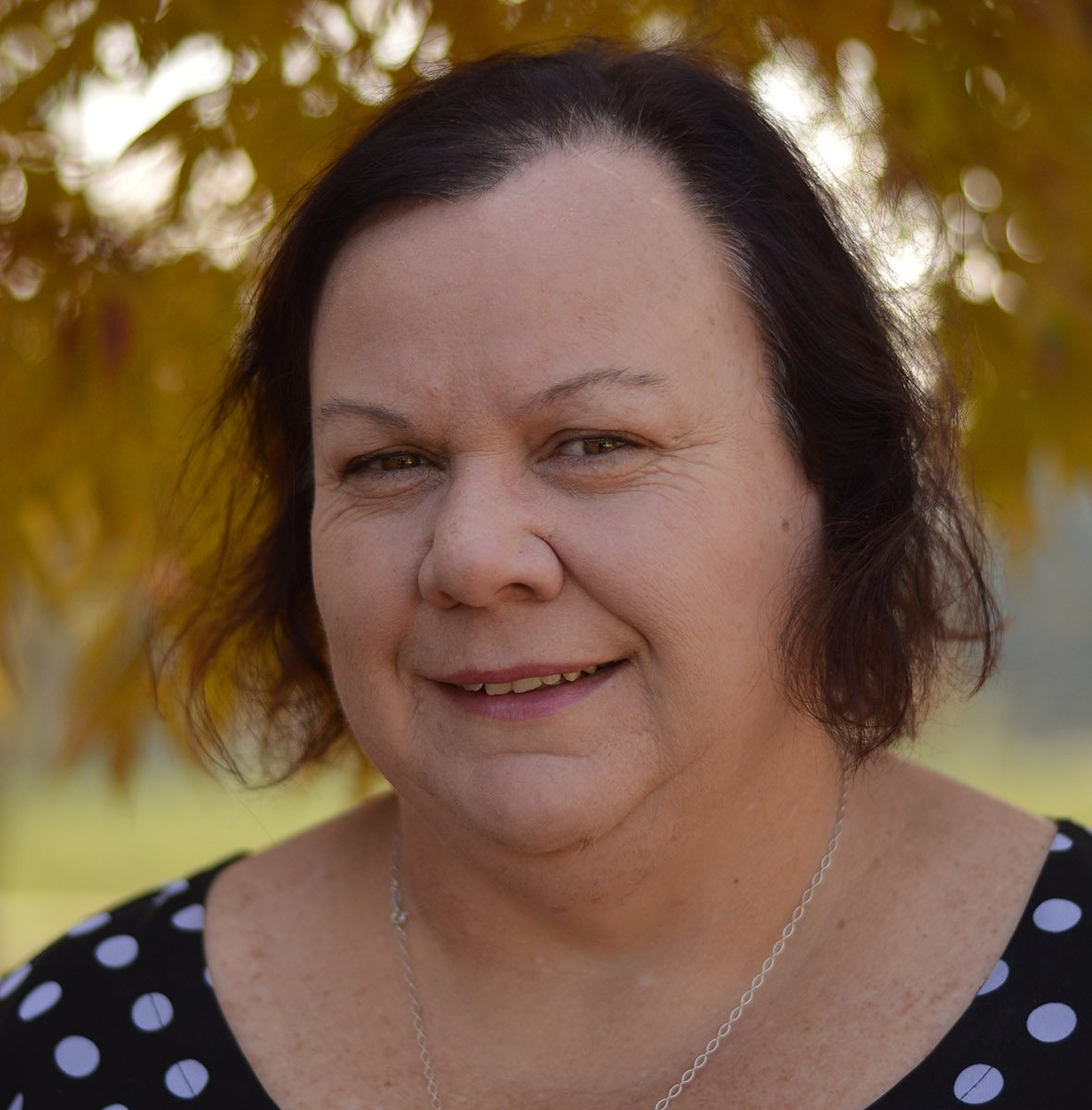Tuesday July 25, 2023
Supporting carers in the workplace and community
While caring duties can add to someone’s skill set, carers also shoulder significant pressures such as financial hardship and emotional stress. Our most recent Work with Purpose guests – Robyn Shannon from the Department of Social Services, Lisa Kelly from Carers ACT, and Alex Allars from the ACT Government – unpack these challenges and share practical ways to support carers in the workplace and the community.
There are 2.65 million carers across Australia who dedicate their lives to caring for loved ones with disabilities, chronic illnesses, or age-related conditions. These unsung heroes experience immense pressures that come with their role, yet, Robyn Shannon, acting deputy secretary for the Department of Social Services, says that “many carers may not even consciously recognise that they are undertaking a carer role, so they may not think to seek help.”
According to our panellists, it’s then important to raise awareness of carer supports and to make them easily accessible and as flexible as possible.
Check-in with the carers close to you
We may all know a carer closely and how caring impacts their lives, particularly their finances, and overall well-being. So, treating carers with utmost compassion and understanding is one step in supporting them.
“We know that carers have some of the worst health and well-being outcomes of any part of the community. We know that they are invisible in all of the service systems in which they interact. They might go to the doctor more often than anybody else, but nobody ever says, ‘Hey, how are you?’”, Lisa Kelly, CEO of Carers ACT says.
“So, there’s this real invisibility of carers as humans and carers of anything other than a vehicle of care, so the impact can be profound.”
Familiarise yourself with available support
One way to help relieve these pressures is by being able to support carers as they navigate the service landscape. This can be done by getting familiar with available carer supports.
“The Carer Gateway is really a key initiative Federal Government funds, which is a national single point of contact … into a range of services for carers,” Robyn says.
“For people [whose] caring role precludes them from working substantially in the paid workforce, Carer Payment is a means-tested income support payment that’s available. Then the
Carer Allowance is a supplementary payment for people who provide substantial daily care,” she adds.
Lisa underscores that knowing the service landscape can be a big help to carers.
“How we can also say ‘Hey, listen, I know about this service that can support you as well,’ and how we help people reach out for help and recognise that, is really important,” she says.
Cultivate an open workplace mindset
More than the services offered by the government, organisations should look at policies that support carers for their specific needs at different points in time.
“What might work for one person is not going to work for the next, and the whole approach of that cookie-cutter service intervention for carers is never going to work,” Lisa says.
Alex Allars, executive branch manager, Whole of Government Industrial Relations & Public Sector Employment, Treasury and Economic Development Directorate, ACT Government, also emphasises the importance of an open workplace mindset that allows people to access benefits since caring situations are fluid and dynamic.
“You have to have workplace mindsets that are open to allowing people to utilise benefits, have a permission-based environment where line managers, colleagues, and senior managers bring to life all these provisions we have in enterprise agreements, legislation, and policy and allow people to access them flexibly and move around a bit,” she says.
“It’s turning that real mindset from carers as burdening the workplace to carers as benefiting the workplace. When I think about carers, I think they are some of the best multitaskers, best negotiators, and best time managers that you’ll ever find because that’s what they need to just survive. So, when you think about those core elements of what makes a good worker in a good workplace, carers have them in abundance,” Lisa adds.
Seeing caring as a community responsibility
While the development of the National Carer Strategy is underway, Lisa reminds us that local communities play a crucial role in supporting carers as well.
“It’s important that we see that it’s not just government. The strategy for me is really about driving across the community and all levels of community.”
“How [is] the local mental health service providing support to a young adult with mental health [concerns]? How do they see that carer or that parent and go, ‘Hey, how are you going? What’s going on for you? What support are needing? Let me tell you a bit about how we can build some of your sense of confidence in your role as a carer.’ That’s the carer strategy in action, too,” she adds.
She concludes saying, “When we start to see caring as a community responsibility, then we’ll make a difference to carers.”






